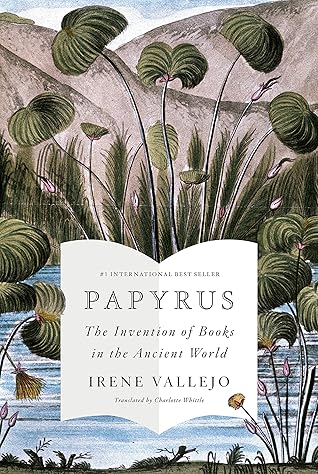More on this book
Community
Kindle Notes & Highlights
To write is to try to find out what we would write if we wrote, says Marguerite Duras, moving from the infinitive to the conditional and then to the subjunctive as if she could feel the ground splitting beneath her feet.
In the words of Umberto Eco, the book belongs to the same category as the spoon, the hammer, the wheel, or a pair of scissors. Once invented, these things cannot be surpassed.
There is a word in Greek that describes his obsession: póthos. It is the desire for something absent, something that lies beyond reach, a desire that causes suffering since it is impossible
to fulfill.
The Library made the best part of Alexander’s dream come true: his universalism, his passion for knowledge, his unprecedented desire for fusion. On the shelves of Alexandria, borders were dissolved, and the words of the
Greeks, the Jews, the Egyptians, the Iranians, and the Indians finally coexisted in peace. This mental territory was perhaps the only space that proved welcoming to all of them.
Egypt exported the most widely used writing material of the period: papyrus.
In a society that never had sacred books, The Iliad and The Odyssey were the closest thing to the Bible.
In the second half of the eighth century BC, a new invention silently began to transform the world, inciting a peaceful revolution that would bring radical change to memory, language, creative expression, the way we organize thought, and our relationship to authority, knowledge, and the past. The changes were slow but momentous. After the alphabet, nothing was ever the same again.
The departure from orality in ancient Greece took place over a period that spanned from the eighth to the fourth century BC. Around this time, Aristotle compiled an extensive collection of books, inspired by the ambitious Library of Alexandria. Strictly speaking, he was the first European man of letters.
“the line between civilization and barbarism is never a geographic border
between countries, but a moral border within every people, and beyond that, within each individual.”


